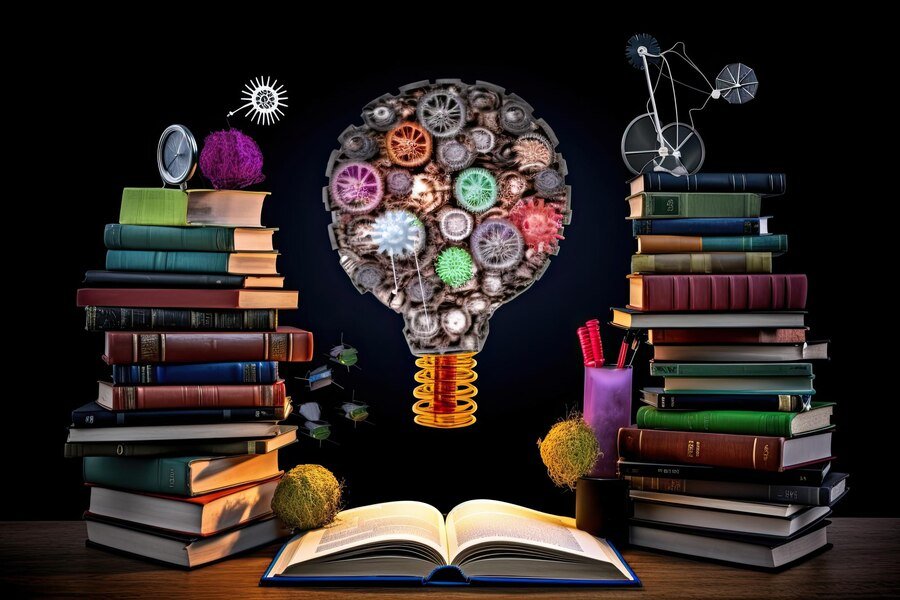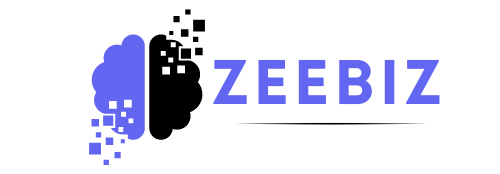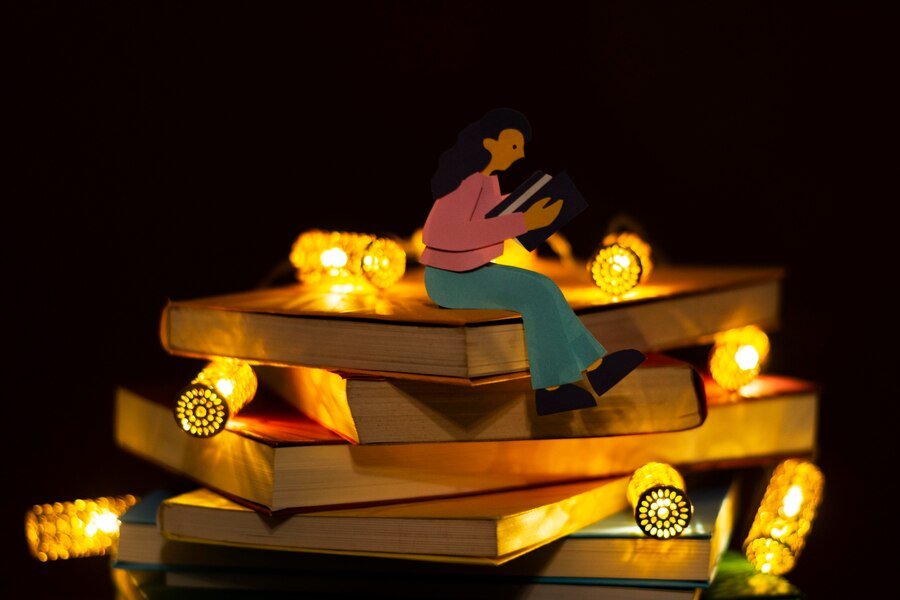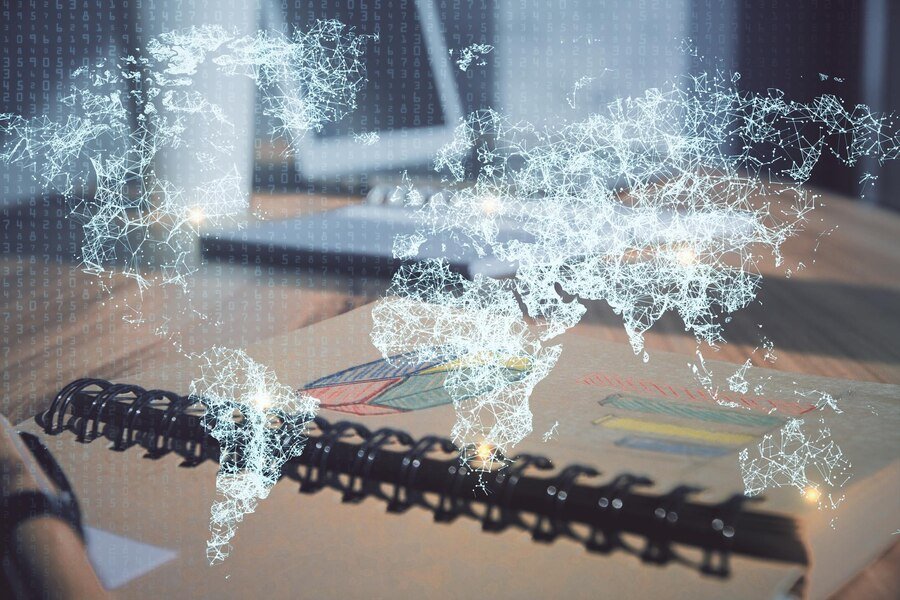In our rapidly changing world, literacy remains the key foundation upon which all communication and learning thrive. Defined broadly as the ability to read, write, and comprehend the written word, literacy extends far beyond just decoding letters and words. It represents a medium for not only accessing information but also expressing ideas, nurturing creativity, and building relationships. This article delves into the significant role literacy plays as the medium for knowledge, empowerment, and progress.
What is Literacy?
At its core, literacy refers to the ability to engage with written material. This includes reading and understanding written texts and writing clearly to convey thoughts and ideas. In today’s society, however, literacy goes much deeper than just functional skills. It spans digital literacy (navigating online spaces), media literacy (understanding and critically engaging with different media forms), and cultural literacy (interpreting and respecting the cultural contexts surrounding written works). Thus, literacy becomes an ever-evolving skill set that allows people to access the wider world of knowledge, shaping the way they interact with it.
The Role of Literacy in Personal Growth
Literacy, at its best, opens doors to personal development. Reading enables individuals to grow intellectually, emotionally, and culturally by offering them new perspectives. By engaging with literature, scientific papers, or philosophical texts, people are not only enhancing their knowledge but also developing critical thinking and empathy. These personal benefits make literacy not only an academic skill but also a vital life skill.
Literacy as the Medium for Communication
Communication is the foundation of human interaction, and literacy serves as its primary medium. Without the ability to read and write, effective communication would be severely limited. Written forms of communication, whether through letters, articles, essays, or digital platforms, have become indispensable tools for relaying thoughts, fostering collaborations, and sharing information. In this interconnected world, the ability to write and read proficiently enables individuals to share their ideas clearly and confidently.
Expanding Accessibility Through Literacy
One of the most powerful impacts of literacy is its ability to provide accessibility to different types of knowledge. In the past, access to written knowledge was often limited to the educated elite. Literacy democratizes this access by giving everyone the tools to learn from textbooks, online articles, blogs, and news outlets. In today’s world, literacy equips individuals with the power to consume information from a variety of sources, thus expanding their capacity to understand and engage with global issues.
The Economic Impact of Literacy
Economically, literacy directly correlates with opportunities and upward mobility. Countries with higher literacy rates tend to have stronger economies. Literacy isn’t just beneficial on a personal level; it plays an important part in boosting productivity in the workforce. Individuals who are literate have greater access to job opportunities and are better equipped to succeed in their roles, particularly in an increasingly digital world. Furthermore, organizations and governments invest in literacy programs because they recognize that a literate population is essential for long-term growth and stability.
The Digital Age: Literacy and Technology
In the digital age, literacy is no longer just about print—it extends into digital literacy. Digital literacy involves understanding how to use digital tools to access information and participate in online environments. With the rise of the internet, literacy means the ability to navigate social media platforms, create content, engage with digital information responsibly, and protect oneself from online threats. By fostering digital literacy, societies can ensure that all individuals have the skills to thrive in a technology-driven world.
The Power of Media Literacy
Another vital dimension of literacy in the modern world is media literacy. Given the increasing volume of information available through various forms of media, including news outlets, advertisements, and social media, understanding how to interpret, evaluate, and critique this media is essential. Media literacy allows individuals to make informed decisions, recognize misinformation, and engage in conversations based on facts rather than unfounded claims. By being media literate, individuals can decipher biases, analyze news sources, and make sense of complex issues presented in the media.
Cultural Literacy: Embracing Diversity Through Understanding
Cultural literacy—the ability to understand and respect various cultural contexts—gives us the tools to engage with the written and spoken word from a global perspective. In multicultural societies, understanding the different customs, histories, and languages of various groups is vital for collaboration and empathy. Literacy, when practiced with cultural awareness, fosters unity by helping individuals build connections across diverse backgrounds.
Literacy and Education: Building Strong Foundations
Education is one of the primary pathways through which literacy is developed. Schools and universities are designed not only to teach academic subjects but also to nurture the fundamental skills of literacy. Through reading and writing exercises, students are equipped with the ability to engage with the world intellectually. In particular, early literacy programs focus on teaching young children how to read, write, and analyze, as these skills are essential for later academic and professional success.
Moreover, literacy is a lifelong learning journey. Even after formal education ends, individuals are encouraged to continue improving their literacy skills through self-directed learning. Public libraries, online courses, and adult education programs ensure that literacy remains a lifelong tool for enrichment and empowerment.
Global Literacy: The Need for Inclusivity
While literacy is widely recognized as essential, significant portions of the world’s population still lack access to basic literacy education. The lack of literacy remains a major challenge, especially in developing countries, where social, economic, and infrastructural barriers can prevent people from learning how to read and write. Efforts to increase global literacy are critical to fostering equality. Access to education for all—including the ability to read and write—is essential to lifting communities out of poverty, improving public health, and creating opportunities for generations to come.
The Connection Between Literacy and Critical Thinking
One of the most powerful aspects of literacy is its ability to cultivate critical thinking. When individuals read, they don’t just decode words—they analyze, synthesize, and evaluate the information being presented. This process enhances critical thinking and allows individuals to make sound judgments in their everyday lives. By reading different viewpoints, engaging with a variety of genres, and practicing reflective thinking, individuals become better problem-solvers and decision-makers. Literacy is, therefore, a tool for developing intellectual independence and a critical mindset.
Promoting Literacy in Society: How We Can Help
To foster a more literate society, both individual and collective actions are needed. For instance, governments should allocate resources to education systems, ensuring that literacy programs are accessible to all. Community organizations can partner with schools to promote reading habits among young children, and individuals can volunteer to tutor or mentor those struggling with literacy. Encouraging reading, whether through libraries, book clubs, or digital resources, can also play a pivotal role in building a more literate community. The more that literacy is prioritized in society, the better-equipped citizens will be to navigate the complexities of the modern world.

Conclusion
Literacy is much more than the ability to read and write. It is a foundational skill that unlocks opportunities, empowers individuals, and drives societal progress. As a tool for communication, personal growth, and intellectual engagement, literacy paves the way for deeper connections and informed decisions. In the age of information, where digital and media literacy are as important as traditional reading and writing, literacy continues to evolve as the essential medium for success. By promoting literacy globally, we can create a more equitable, informed, and thriving world.
FAQs
How does literacy impact communication?
Literacy enables effective communication by providing individuals with the tools to express themselves clearly, understand others, and engage with information.
What is digital literacy, and why is it important?
Digital literacy refers to the skills needed to navigate and participate in the digital world, including using the internet, social media, and understanding digital tools.
Why is media literacy crucial today?
With the proliferation of online information and misinformation, media literacy helps individuals critically evaluate sources, making informed decisions and fostering fact-based discussions.
How does literacy contribute to education?
Literacy is the foundation of education, as reading, writing, and critical thinking are necessary for mastering any subject and succeeding academically.
What role does cultural literacy play in society?
Cultural literacy fosters understanding and respect for different cultural backgrounds, promoting inclusivity, harmony, and global collaboration.











